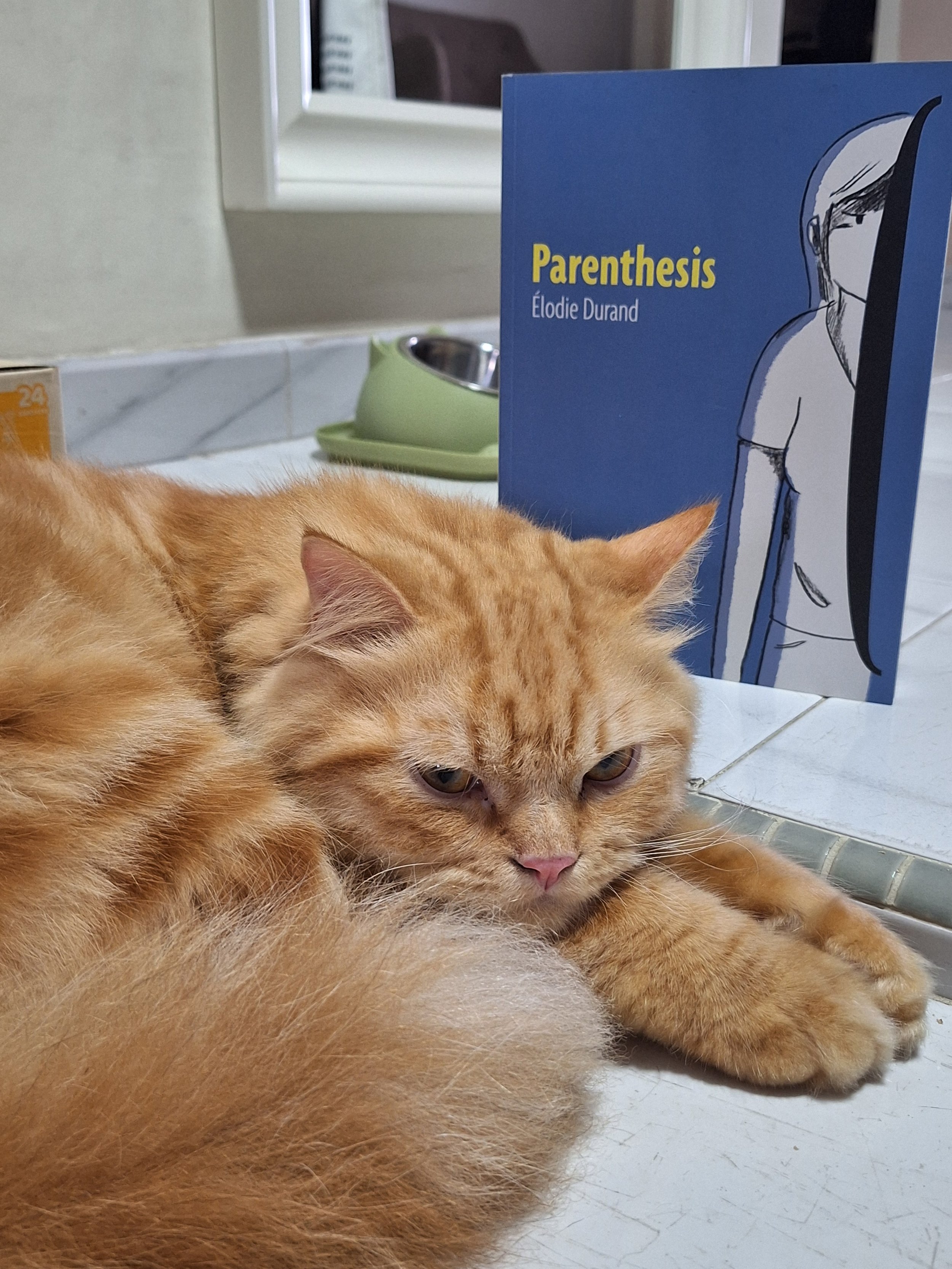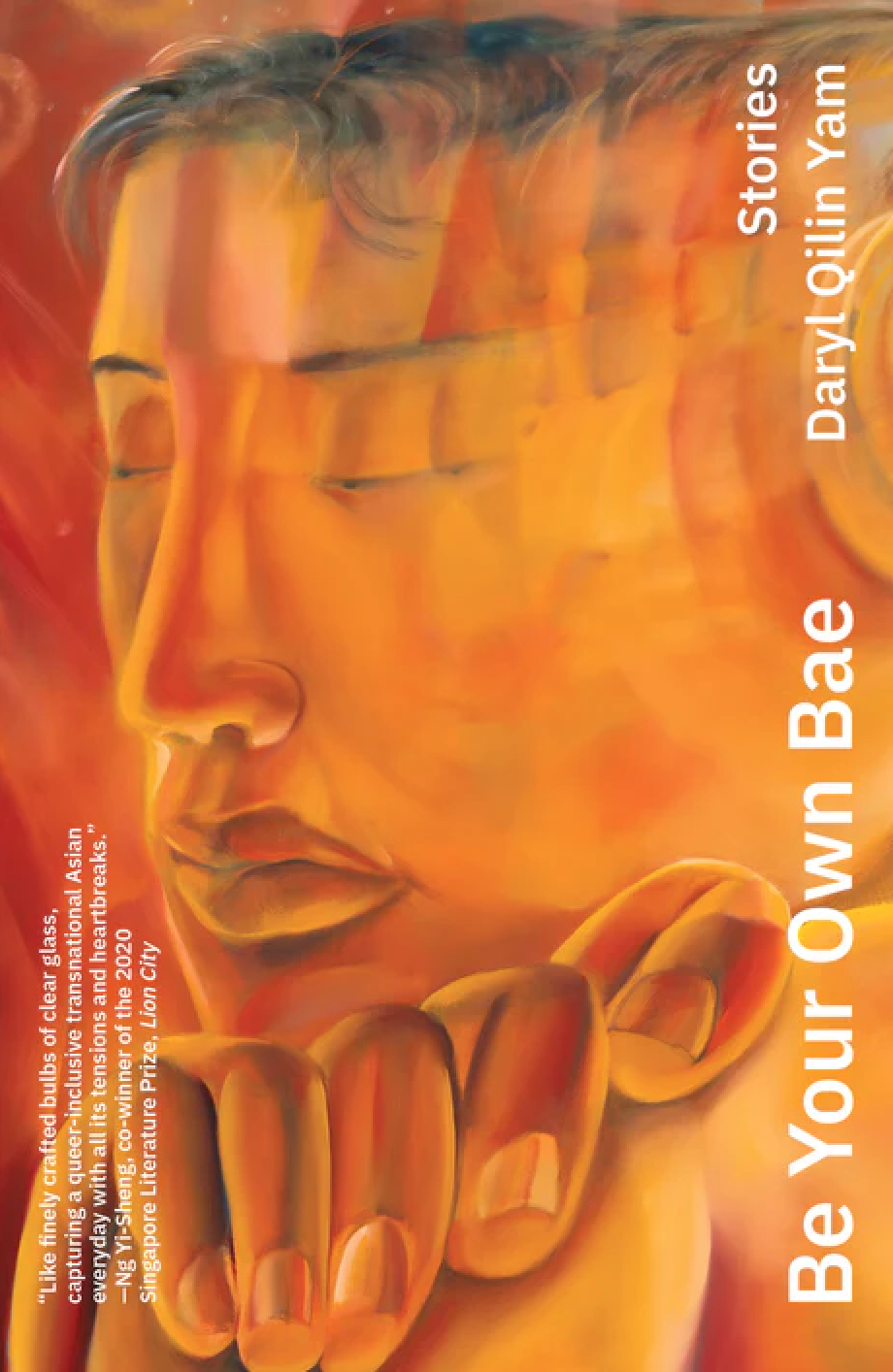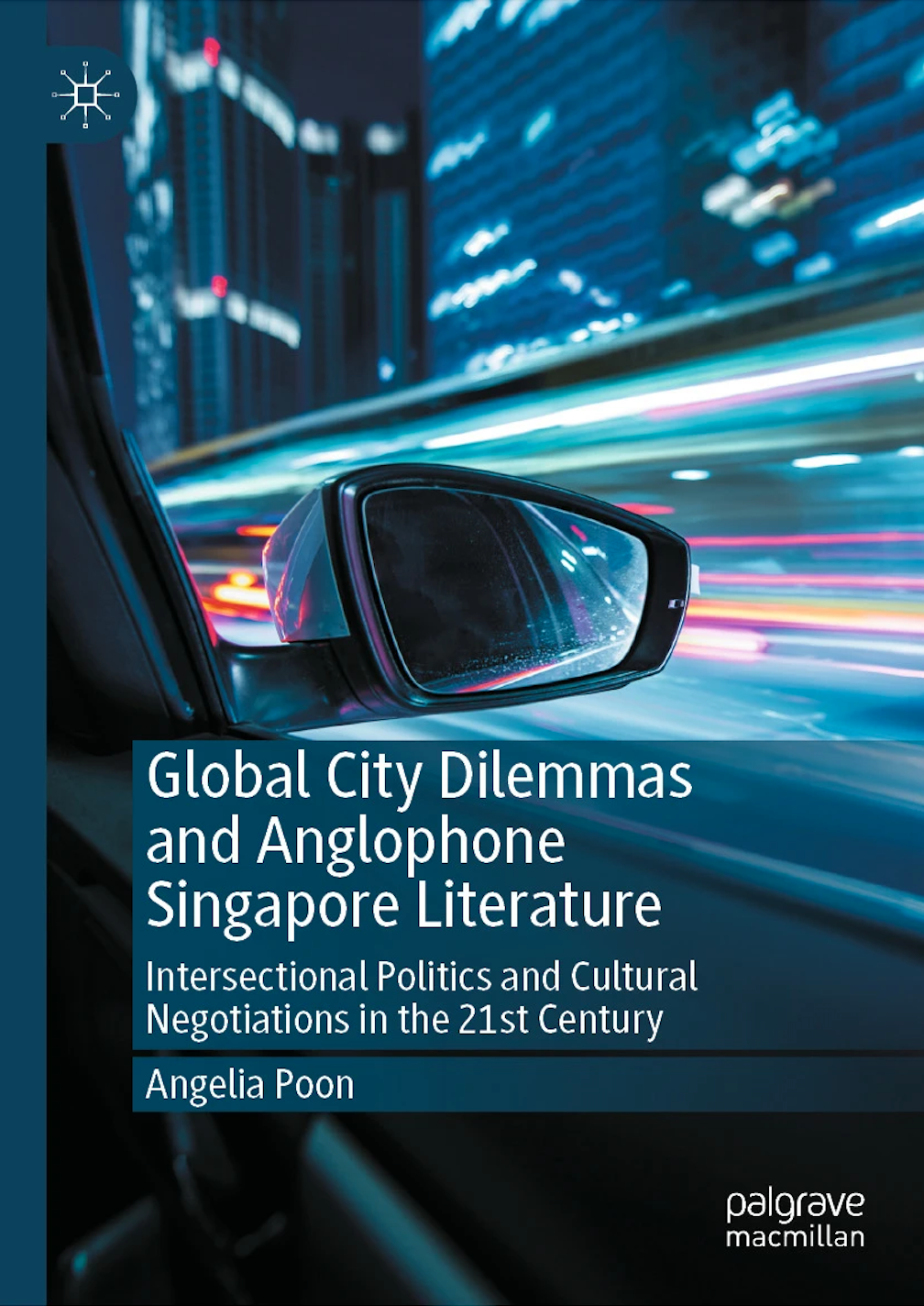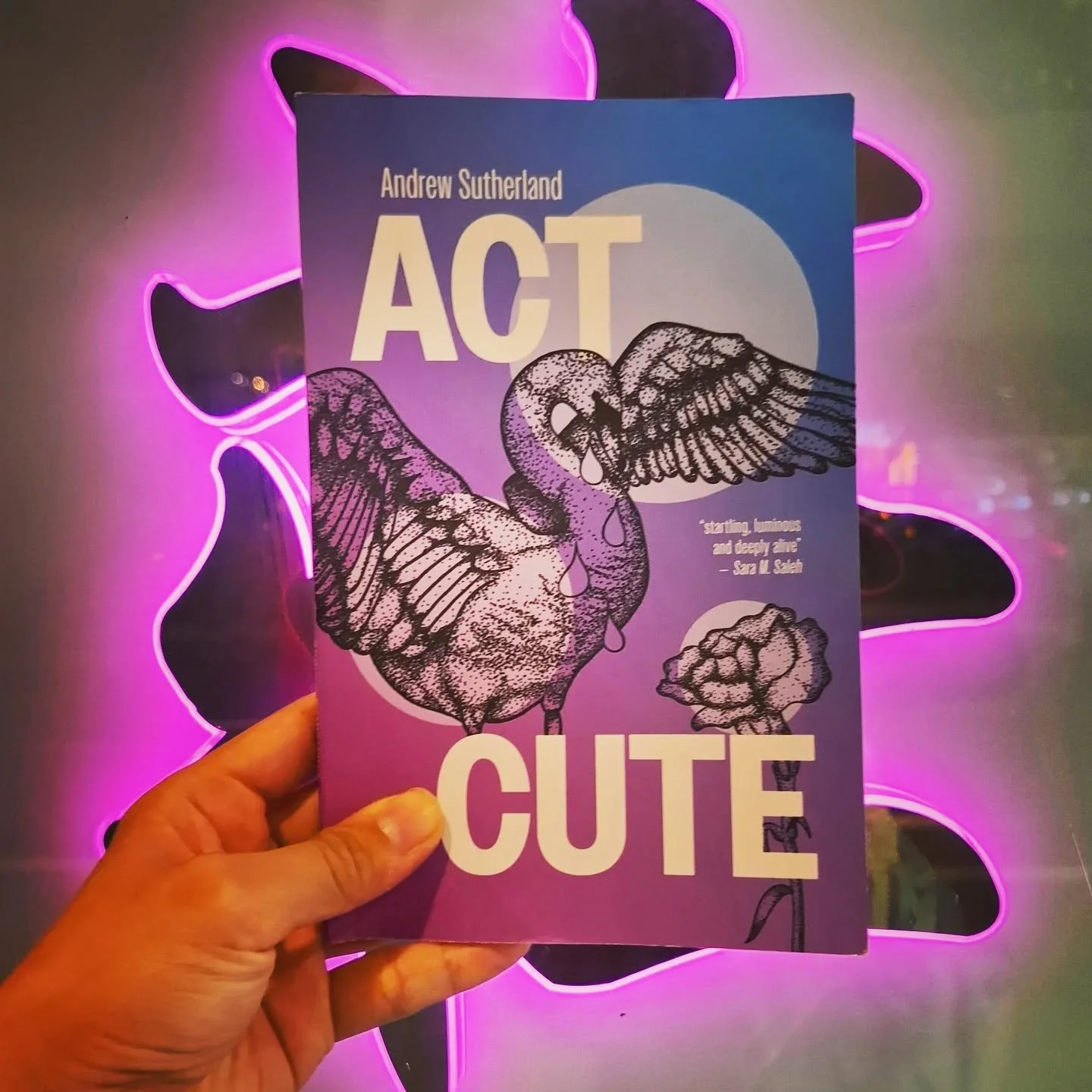Ruling Parties
By Kirsten Han
Review of Corruptible: Who Gets Power and How It Changes Us by Brian Klaas (United Kingdom: John Murray, 2021)
FX Harsono - Destruction (1977), Performance for exhibition ‘Slot in the Box’ at Cemeti art space
Image description: In an outdoor space, three wooden chairs are placed side by side on a muddy, barren ground strewn with leaves. Placed on each chair is a mask made to resemble a human face, facing upwards. The three masks have all been set on fire—flames engulf their faces. The chairs are noticeably worn-out, with many wooden splinters and damaged patches. At a safe distance from the burning chairs, a row of children and adults, some on bicycles, watch the scene.
A bunch of cops pocketing the drugs confiscated during their busts and secretly selling them on. A neighbour who turns into a suburban tyrant once he gets into the homeowners’ association. A shitty colleague who backstabs, threatens, and harasses his way to authority. A dictator who brutally eliminates his opponents and crushes dissent. What they all have in common is destruction by power: an attraction to its allure, a determination to seize it, the abuse that emerges once it’s in their grasp.
Corruptible: Who Gets Power and How It Changes Us, written by Brian Klaas, a political scientist at University College London, is built on questions I’m sure many of us have pondered a lot: Why are so many powerful people such assholes? How did they get there? How did we get to be lorded over by smug people with an overinflated sense of self in the classroom, the workplace and national politics? And, most importantly, how the heck do we get out of this pickle?
As an independent journalist and activist in Singapore — a country that’s not particularly friendly to independent journalism or activism — I think about power a lot. I have to, not just because it is my job to write about power and politics and democracy but because my experience tells me that, even if I don’t want to think about power, power thinks about me. I’ve experienced multiple police investigations for ludicrous “public order” offences, been smeared on social media and in the mainstream press, and been name-checked in Parliament by my country’s home affairs and law minister, who insinuated that I’m a proxy for foreign influence operations.
Whenever I find myself on the receiving end of attacks or harassment from members of the ruling party or from state organs like the police, I wonder why. Why are these the people in charge? Why are they behaving this way? Will things ever change? Can things ever change?
Klaas hears these questions, and, in Corruptible, takes readers on a quest for answers. We learn about the development of hierarchical societies, how some types of people are more likely to seek power, how psychopaths are so effective at Game of Thrones-ing themselves to the top, how power corrupts, and what we can do to protect ourselves from ending up with shitty leaders who don’t deserve to be where they are. He goes through a staggering amount of research, from his own interviews with powerful (or formerly powerful) people — dictators and tyrants included — to the work of scientists studying primates and genes and figuring out how proximity to power can actually cause physical changes. But Klaas presents it all in such an accessible and logical way that it never feels overwhelming. Things just flow, connect, and make sense.
While our early ancestors lived in small tribes with relatively flat structures, power hierarchies emerged by necessity as we began to congregate into bigger societies. Some people, Klaas argues, crave power more than others and are good at navigating and manipulating their way to the top. Unfortunately for the rest of us, these people are often the ones who shouldn’t be in such positions of authority; a worrying number of them are straight-up psychopaths. Even more unfortunately, we tend to give power to people based on criteria that made sense in the Stone Age — such as favouring people who look like us and people who are taller or who look physically stronger — but not so much now, since our brains haven’t caught up with the rapid development of human civilisation.
Then there’s the question of how much this comes down to individuals and how much to systems; it isn’t just about whether someone is a ‘good’ or a ‘bad’ person, because context matters too. Someone predisposed to being a tyrant might be constrained by a system of checks and balances, while even the most well-intentioned leader might end up making morally dubious decisions while operating in a context rife with corruption and impunity. It’s an important distinction to make if we want to figure out where to direct our attention in addressing the problem.
Klaas lays out his arguments and evidence clearly; they’re convincing but never simplistic. In fact, he continually acknowledges the complexity and the impossibility of explaining everything with a single theory. The task is not about finding one clear, straightforward answer but about recognising how different influences feed into one another.
FX Harsono - Destruction (1977), Performance for exhibition ‘Slot in the Box’ at Cemeti art space
Image description: In an outdoor space, a man holds a large, industrial chainsaw over a wooden chair. The chair, on the right of the image, is visibly worn-out - it looks shredded and splintered. On the seat of the chair is a charred mask, made to resemble a human face. The man, on the left of the image, wears a gray business suit and a red tie with black polka-dots. His face is painted in red, black, and white, in the style of Chinese operatic masks. He holds the handle of the chainsaw with both hands, leaning back slightly. His body faces us but he stares intently at the chair. Behind him in the photograph, remnants of damaged chairs and wooden planks are visible. To his left in the photograph, another charred mask is on the ground. In the background, a row of adults and children stand watching. Many have bicycles. Two photographers aim their cameras at the man. The ground is muddy, barren, and strewn with leaves.
As I read Corruptible, my thoughts repeatedly drifted towards the People’s Action Party (PAP) and how it has come to dominate Singapore since it was first voted into power in 1959. Before senior PAP politicians begin speed-dialling their lawyers about launching defamation suits, I should note that Klaas’ use of the word “corruptible” doesn’t suggest that everyone in power is embezzling funds or engaged in illegal activity. Instead, the term encapsulates a much wider range of behaviour and effects. It refers to the types of people who are drawn to power, will actively seek it out, and, once installed at the top of whichever pyramid they were scaling — be it the school district board or national politics — are more likely to end up exercising that power in less-than-ideal ways.
It’s a particularly fitting time to be reading Klaas’ work and reflecting on Singapore’s ruling party, given that they’re currently in the middle of a protracted leadership transition process. Lawrence Wong, the bespectacled former principal private secretary to current premier Lee Hsien Loong, has emerged as the party’s future leader and therefore Singapore’s next prime minister. At the recent party conference, Lee said that Wong’s succession would coincide with the next general election, which has to take place by 2025.
Visiting academics, diplomats, students, and other journalists have often asked me if I think anything will change with Wong in charge. Would it herald a new era of the PAP, with different rules of engagement? Will the enforcement of oppressive laws, such as the Public Order Act and contempt of court legislation, ease off? Will we have a more liberal PAP that’s more tolerant of dissent and open to interacting with civil society, even the segments of it that are more critical?
But why would we expect anything to be different? We have seen no evidence that Wong has a significantly different vision for Singapore than the current one. Even his “Forward Singapore” initiative, supposedly about “renewing the social contract” between Singaporeans and the government, looks like many of the public consultation exercises, termed “national conversations,” that preceded it (recent examples include Our Singapore Conversation in 2011 and Emerging Stronger Conversations in 2021).
This outcome has been almost guaranteed from the outset. We just have to look at how someone rises to the top in the PAP in the first place. Bluntly put, anyone who doesn’t preserve the party’s comfortable status quo is unlikely to attain power. Corruptible makes it clear that this isn’t a uniquely PAP characteristic. Klaas outlines how recruitment processes can affect outcomes, attracting or repulsing particular types of people (white men as opposed to women of colour, for example) depending on the messaging. A police force that portrays itself as a mini militia, for instance, will attract people who think that policing is about kicking down doors and cracking skulls.
FX Harsono - The Voices are Controlled by the Powers (1994), Installation with wooden masks and cloth, Dimensions variable
Image description: An installation, composed of wooden masks arranged in a square on a piece of black cloth, is under a spotlight in a dim space. The outer masks are arranged in four orderly rows that form the four sides of the square. The outer masks are made to resemble the top half of the human face, with eyes and noses. They face the inner square of masks, watchfully. The inner masks are clustered tightly together. They resemble the bottom half of the human face, with mouths and chins; the mouths are agape and facing upwards.
Similarly, a party that portrays itself as Singapore’s only “A Team” and displays a petty intolerance for opponents and critics will only attract people who feel an affinity for that sort of politicking — or who, at least, are happy to stand by while their more hard-headed colleagues browbeat and bully. The way the PAP cultivates future leaders — identifying promising students, then putting them through fast-tracked paths from top universities to the civil service or the military before they emerge, polished, as party candidates — also means that they pick from a select pool of applicants. This is another problem that Klaas identifies in his book: with such a restricted participant pool, it’s harder to weed out the “corruptible” power-hungry individuals in favour of those more suited to the job.
The PAP had its biennial party conference on 6 November 2022. The Party has enjoyed an overwhelming majority in Parliament for decades yet resents ceding even an inch of political power. Citizens can’t “have it both ways” and expect both an effective PAP government and more opposition parliamentarians, Prime Minister Lee Hsien Loong declared, as if the desire for political diversity stems from greed rather than from an awareness of the importance of checks and balances.
This comment stands in stark contrast with some of Klaas’ recommendations in Corruptible. To reduce the chances of corruptibles getting into top spots, and to mitigate the harm of those who do manage to work their way up, Klaas advises deepening and broadening recruitment processes, setting up oversight mechanisms through random selection (such as the setting up of Citizen Assemblies, where random individuals are brought together to deliberate and make recommendations on an issue), moving leaders between different roles within an organisation so it becomes harder for them to abuse their position, and keeping constant watch on those in power. These are not just tips for a single organisation, company or political party — they apply to citizens at large. Instead of putting all our eggs in one basket, we need to cast a wider net to reach those who might not otherwise try to scale the ranks of the decision-making hierarchy.
I appreciate that Corruptible doesn’t highlight all the problems we face only to trail off vaguely when it comes to proposing solutions. Klaas does offer suggestions. Many of them are easier said than done, particularly in the authoritarian contexts where they might be most needed. But that’s not something we can blame Klaas for. He’s done the research, interviewed scores of people, and presented his findings in a digestible volume. The rest is up to us.
FX Harsono - Burn Victims (1998), Artifact of a performance and video. This image was exhibited at Singapore Art Museum 2010. The first show was at Cemeti art space in 1998.
Image description: In this installation, charred wooden materials made to resemble decapitated and severed torsos are strung up off the ground, on rectangular metal frames. Placed neatly at the foot of each frame is a pair of charred, disfigured shoes. There are eight torsos in total, forming a row that extends to the background, where a screen shows a projected image of a man next to a white sign that says “DIBUAT RUSUH,” or RIOTOUS.
Kirsten Han is a Singaporean freelance journalist and curator of the newsletter We, The Citizens. Her work often revolves around the themes of social justice, human rights, politics, and democracy, with bylines in publications like The Guardian, The New York Times, The Washington Post, and Foreign Policy. She received an Honorable Mention from the World Justice Project’s Anthony Lewis Prize for Exceptional Rule of Law Journalism in 2018, and a Human Rights Press Award for her commentaries on “fake news” and freedom of expression in 2019. Her essay “The Silhouette of Oppression” was published by Epigram Books in 2019. Kirsten is also a founding member of We Believe in Second Chances, a group advocating for the abolition of the death penalty in Singapore.
*
FX Harsono (b. 1948) is a seminal figure in the Indonesian contemporary art scene. His artistic language to the current new social and cultural contexts. From 2000 pointing at the Chinese problem as a minorities in Indonesia. FX Harsono studied painting at STSRI "ASRI", Yogyakarta (Indonesia) from 1969-74 and at IKJ (Jakarta Art Institute) from 1987-91. He has been awarded the 2014 Prince Clause Award, from Prince Clause Fund, Netherlands and the 2015 Joseph Balestier Award For the Freedom of Art, from Embassy of the United States of America and Art Stage Singapore.
If you’ve enjoyed reading this article, please consider making a donation. Your donation goes towards paying our contributors and a modest stipend to our editors. Singapore Unbound is powered by volunteers, and we depend on individual supporters. To maintain our independence, we do not seek or accept direct funding from any government.













In Taiwan Travelogue, ‘twinned souls… are at once lost, but also found, in translation.’ A review by Eunice Lim.